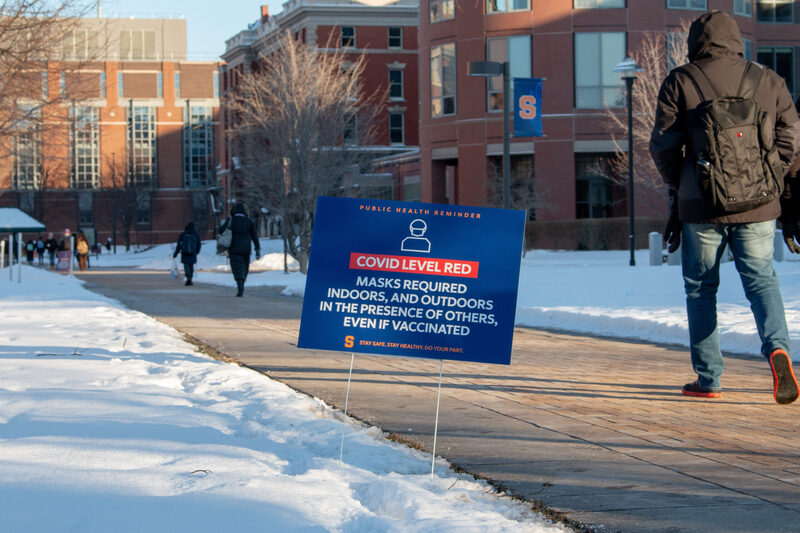
The COVID-19 pandemic has had a significant impact on various sectors, and the education industry has been particularly affected. In response to the outbreak, a lockdown was implemented, leading to numerous universities requesting boarding students to leave their hostels. With physical classes suspended, many educational institutions swiftly transitioned to online learning platforms to ensure that students could continue their studies remotely.
This sudden shift to virtual classrooms posed challenges for both students and educators. However, universities adapted quickly, utilizing various online tools and platforms to conduct classes effectively. While this approach allowed for the continuation of education during the pandemic, it also highlighted the digital divide among students, with some lacking access to necessary technology or stable internet connections.
Despite these challenges, online classes have proven to be a viable alternative during these unprecedented times. They have enabled students to engage in interactive sessions, submit assignments, and participate in discussions remotely. Additionally, universities have implemented measures to ensure that students receive the necessary support, such as virtual office hours and online counseling services.
As the pandemic continues to evolve, educational institutions are continuously exploring innovative ways to enhance online learning experiences. This includes incorporating multimedia resources, interactive learning platforms, and virtual laboratories to provide students with a comprehensive education.
While the impact of the pandemic on the education sector has been significant, it has also accelerated the adoption of technology in teaching and learning. This shift has prompted universities to reevaluate their traditional teaching methods and embrace digital transformation. As a result, the education sector is likely to witness long-term changes in the way knowledge is imparted and acquired.
In conclusion, the COVID-19 pandemic has forced universities to adapt swiftly to the new normal by transitioning to online classes. While this shift has come with its fair share of challenges, it has also presented opportunities for innovation and growth in the education sector. By embracing technology and exploring new teaching methodologies, universities can ensure that students receive a quality education, even in the face of unprecedented circumstances.
The Lawsuit Allegations

A breach of contract lawsuit has been filed against Syracuse University, claiming that the fees and charges levied for the spring 2020 semester were for in-person classes and activities that did not take place. Benjamin Goldsmith, an undergraduate student, initiated the lawsuit, alleging that the university failed to deliver the promised services and instead provided virtual education, which he believes is of lower quality. The lawsuit, filed on December 15, seeks compensation for students who paid tuition and fees for the semester, as well as a waiver or reduction of the charges. It argues that the university unjustly collected fees without providing the necessary in-person education, experiences, and services during the COVID-19 pandemic.
Transition to Virtual Classes

At the start of the COVID-19 pandemic, Syracuse University implemented a temporary virtual classes program for its students. However, due to the escalating situation, the university made the decision to extend this program for the remainder of the spring 2020 semester on March 16, 2020. This decision was prompted by the confirmation of the first COVID-19 case in Onondaga County.
As a result, students were required to participate in virtual classes for a significant portion of the semester. This transition to online learning meant that students were unable to access the university’s fitness centers or libraries. While the university did its best to provide virtual classes, it was not the same experience that students had initially paid for.
The petitioner expresses disappointment with the virtual learning experience, as it did not meet their expectations or fulfill the services they had paid for.
Refund Controversy

In response to the COVID-19 pandemic, the University made a commitment in March 2020 to reimburse students who were required to vacate the hostel. However, it has come to light that the University has failed to refund the tuition fees. This discrepancy raises concerns among students who were promised financial relief during these challenging times. While the reimbursement for hostel expenses is appreciated, the failure to address the issue of tuition fees has left many students feeling frustrated and financially burdened. It is crucial for the University to fulfill its commitment and provide the necessary refunds to ensure that students are not unfairly burdened with the financial consequences of the pandemic.
